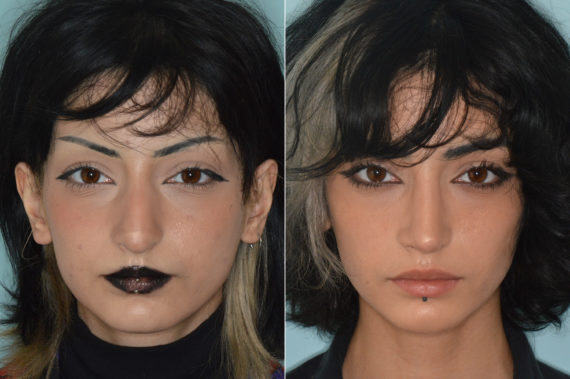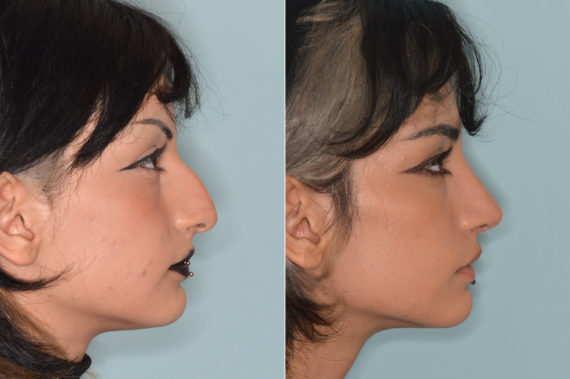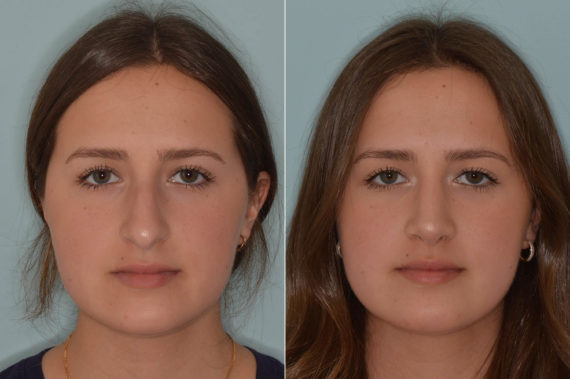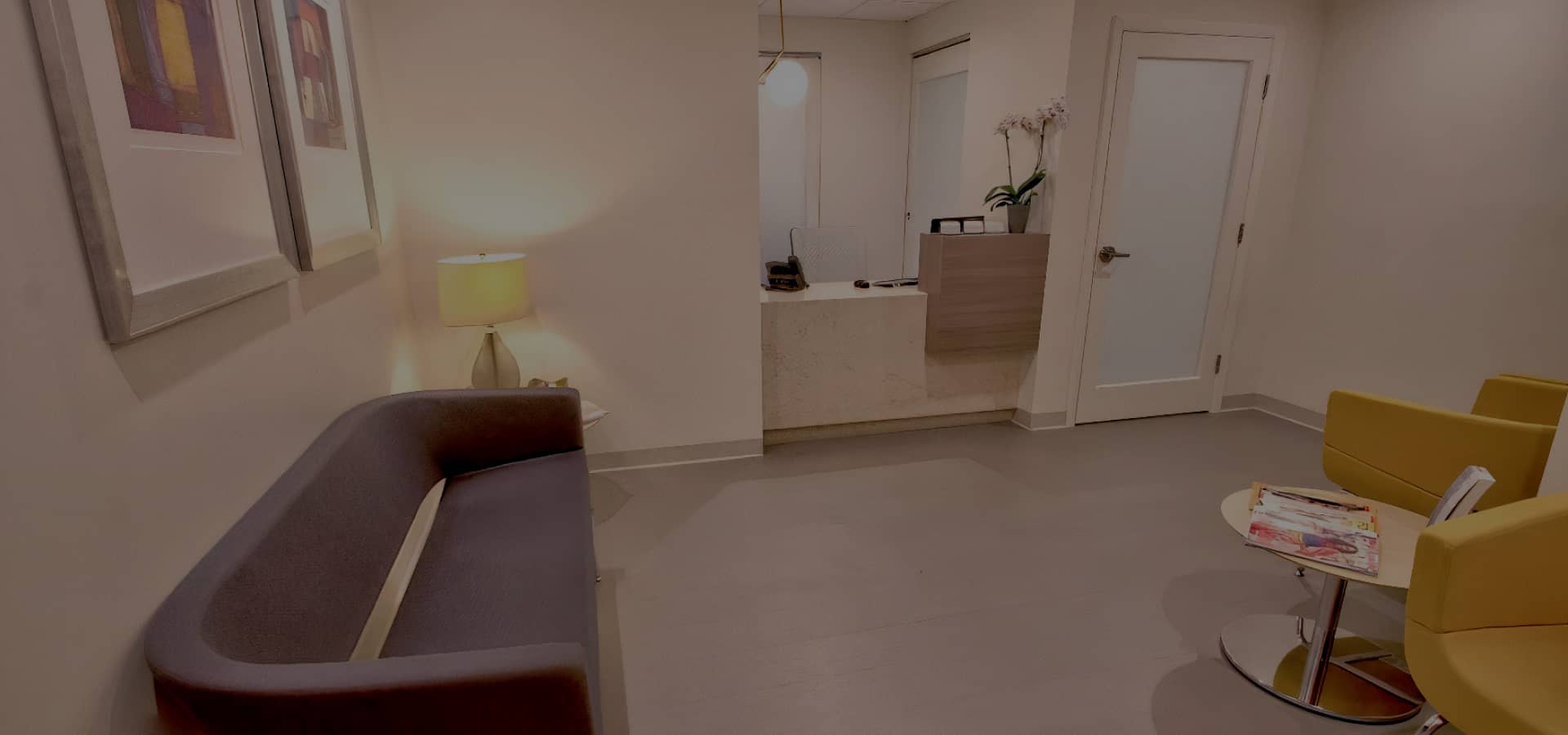A proper diet and hydration play a crucial role in the preparation and recovery after rhinoplasty in Miami and can significantly impact the overall success of the procedure. This blog post will discuss the importance of maintaining a healthy diet before and after rhinoplasty surgery, as well as provide recommendations for optimal nutrition and healing.
Why Choose Dr. Anthony Bared
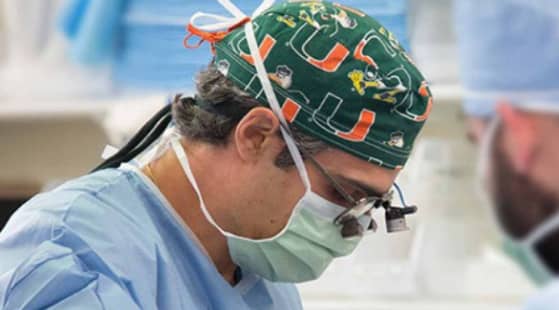
- Dr. Bared’s training was first in Otolaryngology at the University of Miami, followed by the awarding of a highly competitive fellowship by the American Academy of Facial Plastic and Reconstructive Surgery at the University of Illinois-Chicago.
- He is Double Board Certified by the American Board of Facial Plastic and Reconstructive Surgery and the American Board of Otolaryngology.
- Dr. Bared has numerous publications and has lectured at various nationwide scientific meetings.
- He also serves as a clinical voluntary Assistant Professor at the Florida International University, Herbert Wertheim College of Medicine.
- Dr. Bared is a recognized provider of the Foundation Aesthetic Hair Restoration Method. He uses his surgical skills and artistic instincts to offer advanced techniques that ensure natural and transformative results in beard and hair transplants.
The Benefits of Eating Properly – Before and After Surgery
Maintaining a healthy diet and staying hydrated before and after rhinoplasty surgery can contribute to a smoother recovery process. Proper nutrition helps support the immune system, promotes wound healing, and minimizes the risk of complications and infections. Additionally, a balanced diet can help manage post-operative swelling and inflammation, which are common side effects of the surgery.
Pre-Surgery Nutrition
In the days leading up to your rhinoplasty procedure, focus on consuming a balanced diet rich in essential nutrients and vitamins. This will help prepare your body for surgery and support optimal healing.
Protein-rich Foods
Protein is crucial for building muscle, tissue repair, and wound healing. Protein is essential for the repair and regeneration of body tissues and in supporting a healthy immune system, which will fight infection. A good protein goal for a generally healthy person is 30 or more grams of protein per meal. Good sources of protein include meat, fish, cottage cheese or other dairy, beans, and protein shakes.
Plenty of Water
A primary nose job Miami can be used to correct nasal structure and asymmetry. Aim to drink at least eight glasses of water per day, and avoid caffeinated and alcoholic beverages, as they can contribute to dehydration and negatively impact blood clotting. Additionally, consuming herbal supplements and teas, such as chamomile tea, can provide anti-inflammatory properties and further support hydration.
Vitamin C Rich Foods
Vitamin C plays a vital role in collagen production, which is necessary for wound healing and tissue repair after a rhinoplasty procedure. Incorporating foods rich in vitamin C, such as citrus fruits, berries, leafy greens, and other vegetables, can help support your body’s natural healing process and promote a successful recovery.
Fresh fruits and vegetables also provide other vital nutrients needed for optimal healing, immune function, and reduced nasal congestion. However, you’ll want to avoid acidic foods and drinks, such as orange juice or other acidic juices, that may cause irritation or inflammation that will hinder the healing process.
Week 1-2 Before Surgery:
- Focus: Building a strong nutritional foundation.
- Diet: Incorporate a variety of fruits and vegetables for vitamins and antioxidants. Include lean proteins like chicken and fish for tissue repair.
- Hydration: Increase water intake to at least 8-10 glasses per day.
Week of Surgery:
- Focus: Preparing the body for surgery.
- Diet: Emphasize foods high in Vitamin C and Zinc, such as citrus fruits and nuts, to boost the immune system.
- Hydration: Maintain high water intake and reduce caffeine and alcohol consumption.

Can Certain Foods Affect the Bruising After Rhinoplasty Surgery?
After undergoing rhinoplasty, it is common to experience bruising after rhinoplasty surgery. However, the severity of bruising can be influenced by certain foods. Diets rich in vitamin C, vitamin K, and bromelain can help reduce the intensity and duration of bruising after rhinoplasty. Consuming foods like citrus fruits, leafy greens, pineapple, and papaya can aid in the healing process and minimize bruising.
Post-Surgery Nutrition
A nutrient-dense diet after surgery is crucial for a successful recovery and optimal healing. Focus on consuming a balanced diet that includes soft foods, anti-inflammatory options, and nutrient-dense fruits and vegetables.
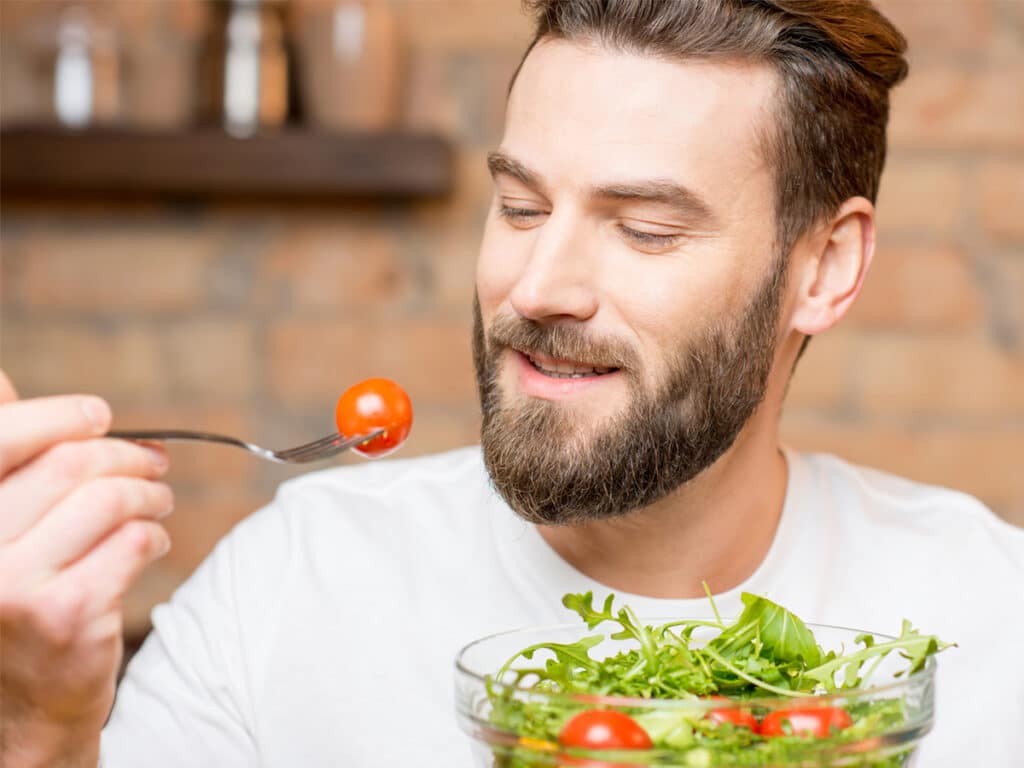
Soft Foods
In the first week after surgery, it’s essential to soft, easy-to-chew foods that won’t cause discomfort or strain on the surgical site. Soft foods like yogurt, oatmeal, scrambled eggs, and mashed potatoes are frequently eaten.
Avoiding chewy food, crunchy foods, and spicy foods is also crucial, as they can cause discomfort and lead to increased blood pressure, which is not ideal during nose job recovery. As your recovery progresses, you can gradually reintroduce more solid foods into your diet.
Anti-Inflammatory Foods
Inflammation is a natural part of the healing process, but excessive inflammation can prolong recovery and be uncomfortable. Including anti-inflammatory foods in your post-surgery diet can help manage inflammation and support healing. Examples of anti-inflammatory foods include fatty fish, such as salmon and mackerel, nuts, seeds, and olive oil. Additionally, consider using spices like turmeric and ginger, which are known for their anti-inflammatory properties.
Fresh Fruits and Vegetables
Incorporating a variety of fresh fruits and vegetables into your diet during the weeks after rhinoplasty will supply your body with the essential vitamins, minerals, and antioxidants needed to support the healing process. Prioritize the consumption of colorful fruits and leafy green vegetables, as they are packed with nutrients that promote tissue repair, immune function, and help alleviate nasal congestion. Some examples of nutrient-dense fruits and vegetables that can aid in wound healing and reduce inflammation include berries, citrus fruits, spinach, and kale.
Brown Rice and Whole Grains
Integrating brown rice and whole grains into your diet both before and after rhinoplasty surgery Miami is vital for achieving optimal healing and maintaining overall health. These nutrient-dense foods serve as an excellent source of fiber, which helps maintain stable blood sugar levels, promotes healthy digestion, and supports the synthesis of collagen. Consuming whole-grain bread, brown rice, and other high-fiber foods can play an active role in speeding up the recovery process and ensuring a smooth rhinoplasty recovery period.
Wound-Healing Foods
Foods that are high in protein will support the wound-healing process, promoting tissue repair and speeding up the recovery process. For example, meat, poultry, fish, beans, and legumes supply the body with amino acids necessary for tissue repair and collagen production for healing after surgery.
Zinc is a vital micronutrient for wound healing. Consuming foods rich in zinc, like oysters, beef, and pumpkin seeds, can decrease inflammation, help with collagen production, and boost the immune system. Ensuring adequate protein and zinc intake can play a vital role in reducing recovery time and improving the overall success of your rhinoplasty procedure.
Week 1 Post-Surgery:
- Focus: Supporting initial healing.
- Diet: Soft, easy-to-digest foods like yogurt, oatmeal, and soups. Avoid spicy and acidic foods.
- Hydration: Continue with high water intake; consider adding electrolyte-rich drinks.
Week 2-3 Post-Surgery:
- Focus: Promoting ongoing healing and reducing inflammation.
- Diet: Gradually reintroduce more solid foods. Include anti-inflammatory foods like berries, leafy greens, and fatty fish.
- Hydration: Consistent water intake; avoid alcohol and caffeine.
Week 4 Post-Surgery:
- Focus: Transitioning to a normal diet.
- Diet: Resume a balanced diet. Continue to avoid extremely hard or chewy foods.
- Hydration: Regular water consumption.
Additional Tips:
- Supplements: Consider adding a multivitamin or omega-3 supplements as recommended by your surgeon.
- Snacking: Opt for healthy snacks like almonds or fruit smoothies.
Foods to Avoid after Rhinoplasty Surgery
Spicy Foods
- Why to Avoid: Spicy foods can increase inflammation and may lead to discomfort or irritation in the nasal passages.
- Examples: Hot peppers, salsa, spicy sauces.
Salty Foods
- Why to Avoid: High salt intake can lead to increased swelling and fluid retention, which can prolong your recovery.
- Examples: Processed foods, salty snacks, canned soups.
Hard or Crunchy Foods
- Why to Avoid: These can strain your jaw and facial muscles, potentially affecting the surgery site.
- Examples: Nuts, granola, raw vegetables.
Acidic Foods and Beverages
- Why to Avoid: Acidic items can irritate the stomach and the throat, which might be sensitive post-surgery.
- Examples: Citrus fruits, tomato-based products, carbonated drinks.
Alcohol
- Why to Avoid: Alcohol can interfere with medications, increase swelling, and delay the healing process.
- Note: It’s best to avoid alcohol for at least a few weeks post-surgery.
Caffeinated Beverages
- Why to Avoid: Caffeine can lead to dehydration and may interact with post-surgery medications.
- Examples: Coffee, certain teas, energy drinks.
Extremely Hot or Cold Foods
- Why to Avoid: These can cause discomfort to sensitive teeth and gums after surgery.
- Examples: Piping hot beverages, ice cream.
Consult with a Rhinoplasty Expert
Proper nutrition is a critical component of the rhinoplasty preparation and recovery process. However, it’s essential to consult with a board-certified rhinoplasty expert.
If you want to make aesthetic or functional changes to your nose, Anthony Bared MD, FACS, a top rhinoplasty surgeon in Miami, can help. Dr. Bared provides a wide range of surgical and non-surgical procedures tailored to each patient’s specific needs and aesthetic goals. To discuss your questions with a rhinoplasty expert, please call (305) 359-7299 or click here to schedule your consultation online.





